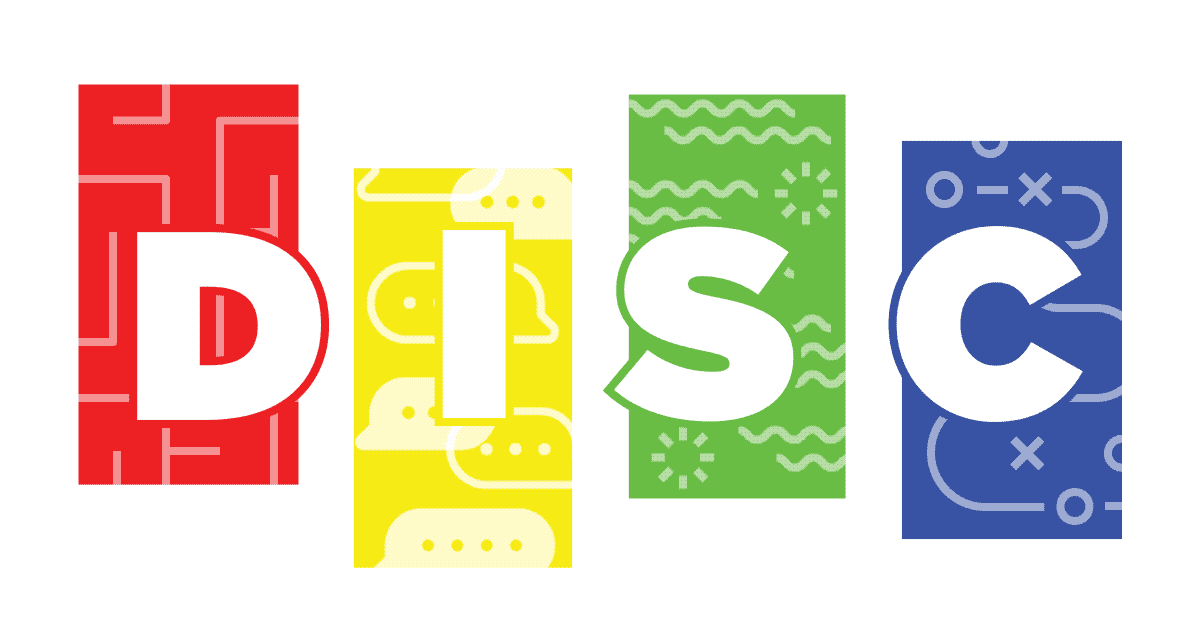
Even though DISC is one of the most popular assessments on the market, you might not know everything you’d like to know about it.
Here Is Everything You Need to Know About DISC
From the benefits of the assessment to the ways individuals, teams and organizations can benefit from its insights.
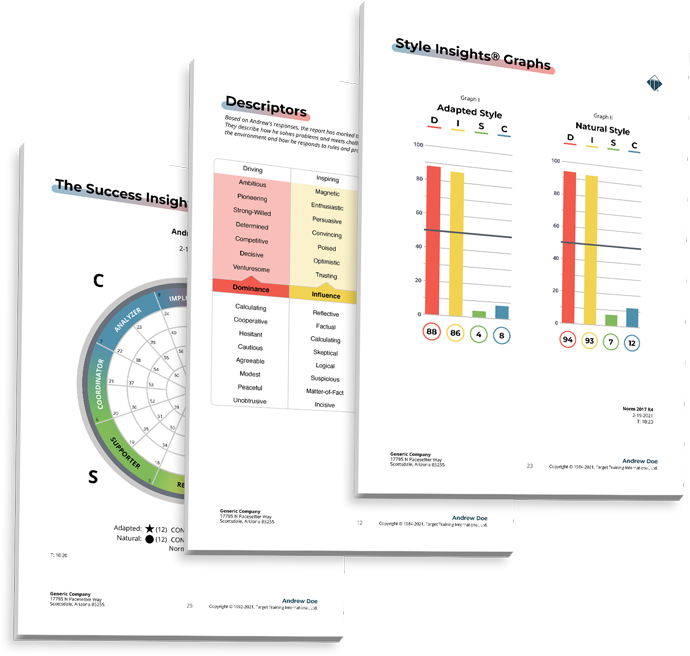
What is DISC?
DISC is a universal behavioral model that goes over four separate behavioral factors: Dominance, Influence, Steadiness and Compliance.
Put simply: the DISC assessment measures how a person does what they do. It creates a language around observable behavior.
To fully understand DISC, it’s important to understand how the four individual components work together to create the whole. While a typical person may have one or two dominant characteristics, it’s the combination of the four components of DISC that defines a person’s behavior. The four components of DISC create a “behavioral makeup” unique to every individual.
What Does Each Behavioral Factor Measure?
D - Dominance
- This behavioral factor measures how someone responds to problems and challenges.
- If your highest score is D, you are a Direct communicator.
- If your lowest score is D, you are a Reflective communicator.
I - Influence
- This behavioral factor measures how someone chooses to influence people and contacts.
- If your highest score is I, you are an Outgoing communicator.
- If your lowest score is I, you are a Reserved communicator.
S - Steadiness
- This behavioral factor measures how someone responds to pace and consistency.
- If your highest score is S, you are a Predictable communicator.
- If your lowest score is S, you are a Dynamic communicator.
C - Compliance
- This behavioral factor measures how someone responds to procedures and compliance.
- If your highest score is C, you are a Precise communicator.
- If your lowest score is C, you are a Pioneering communicator.
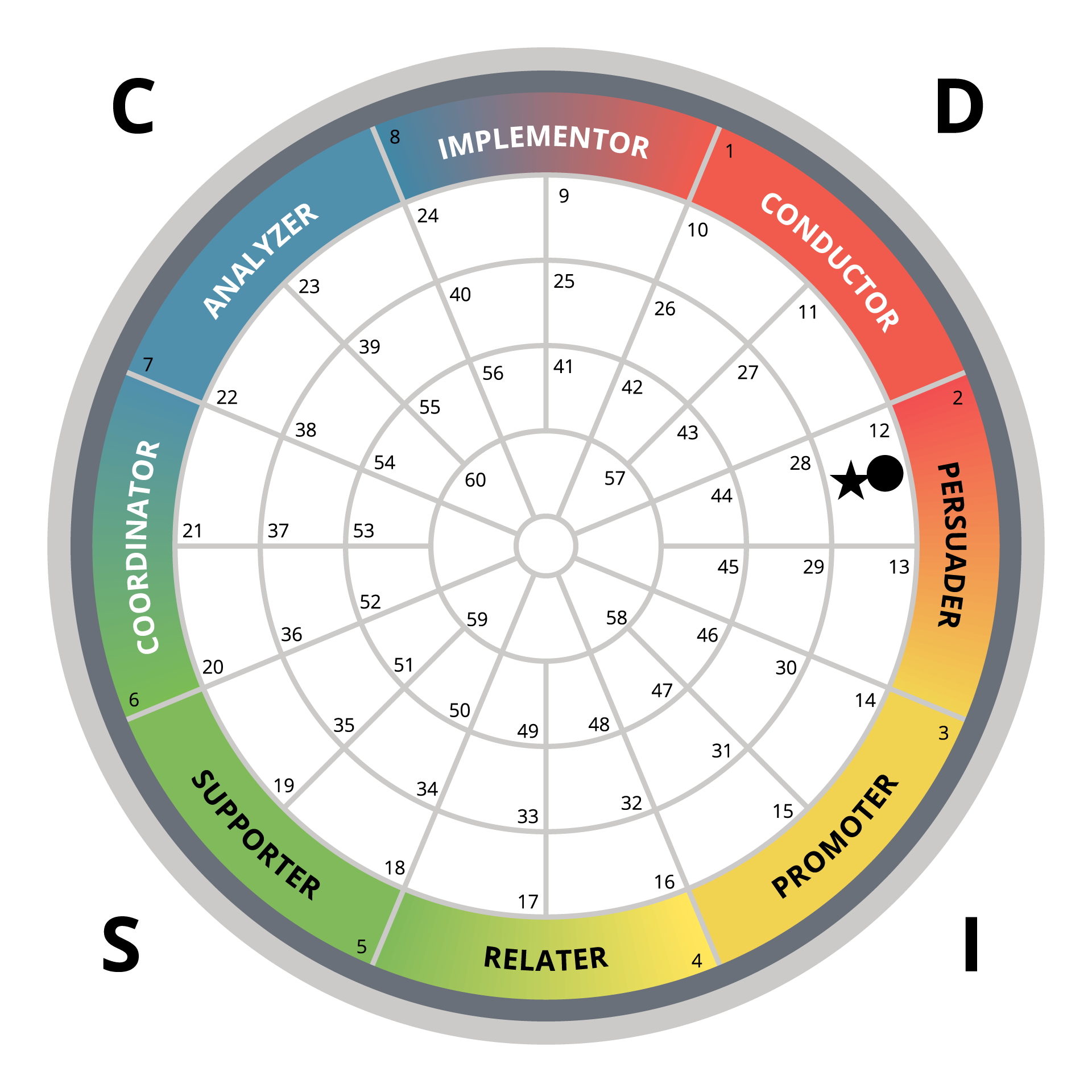
Did TTI Create DISC?
TTI did not create DISC; it was created by Walter V. Clarke, an industrial psychologist who based the assessment on the behavioral theory of William Marston. The assessment was developed in its earliest form in the 1960s.
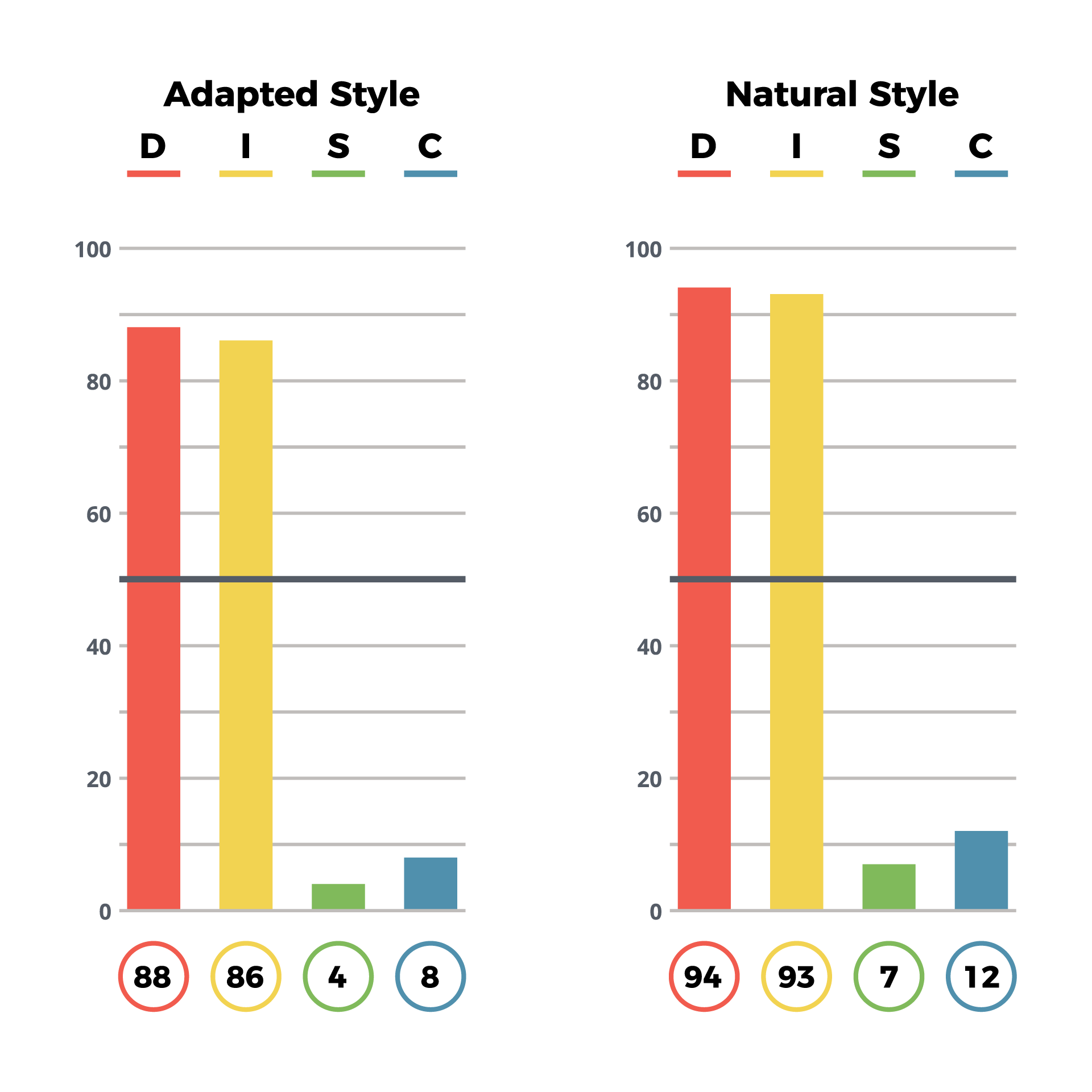
What Makes TTI’s DISC Different From Other Providers?
DISC is a very popular assessment tool, and TTI is not the only group to provide it.
A Holistic Insight
However, TTI is the only provider that looks at the entire DISC graph instead of only measuring above the energy line. (The energy line is at 50 on the graphic; anything above it is considered a dominant score.)
By looking at every score in every factor, TTI’s method gives a more holistic and complete assessment of a person. This provides more clarity overall and makes the assessment more effective.
Innovation Since Day 1
TTI also introduced the first computerized and personalized DISC assessment and reporting tool in 1984.
In-House Research
TTI SI has been an industry leader for the last 35+ years, and has a dedicated research team that works in-house. Our brain lab lets us conduct research that is internally and externally verified and peer-reviewed.
Learn more about our research department here.

Who Can Use DISC?
DISC is a tool that can be used at every level of an organization. The assessment measures an individual’s responses, but those responses can be mapped.
For Individuals
DISC uncovers insight into the “how” behind your “why”. It reveals the behavioral makeup that is unique to each individual. Taking and understanding a DISC assessment helps people….
- Minimize unnecessary conflict.
- Increase productivity and engagement.
- Enhance communication.
- Maximize their strengths.
- Develop self-awareness.
For 2 People: The Comparison Report
TTI is able to run a report that compares 2 individuals, This helps share their similarities, highlight their differences, and run through ways they can both communicate with each other. This report is a game-changer for teams with different communication styles.
Who Can Use a Comparison Report?
- Manager to direct report
- 2 candidates applying for the same position
- Any two people conflicting with each other
- New hire to boss
- Partners with each other
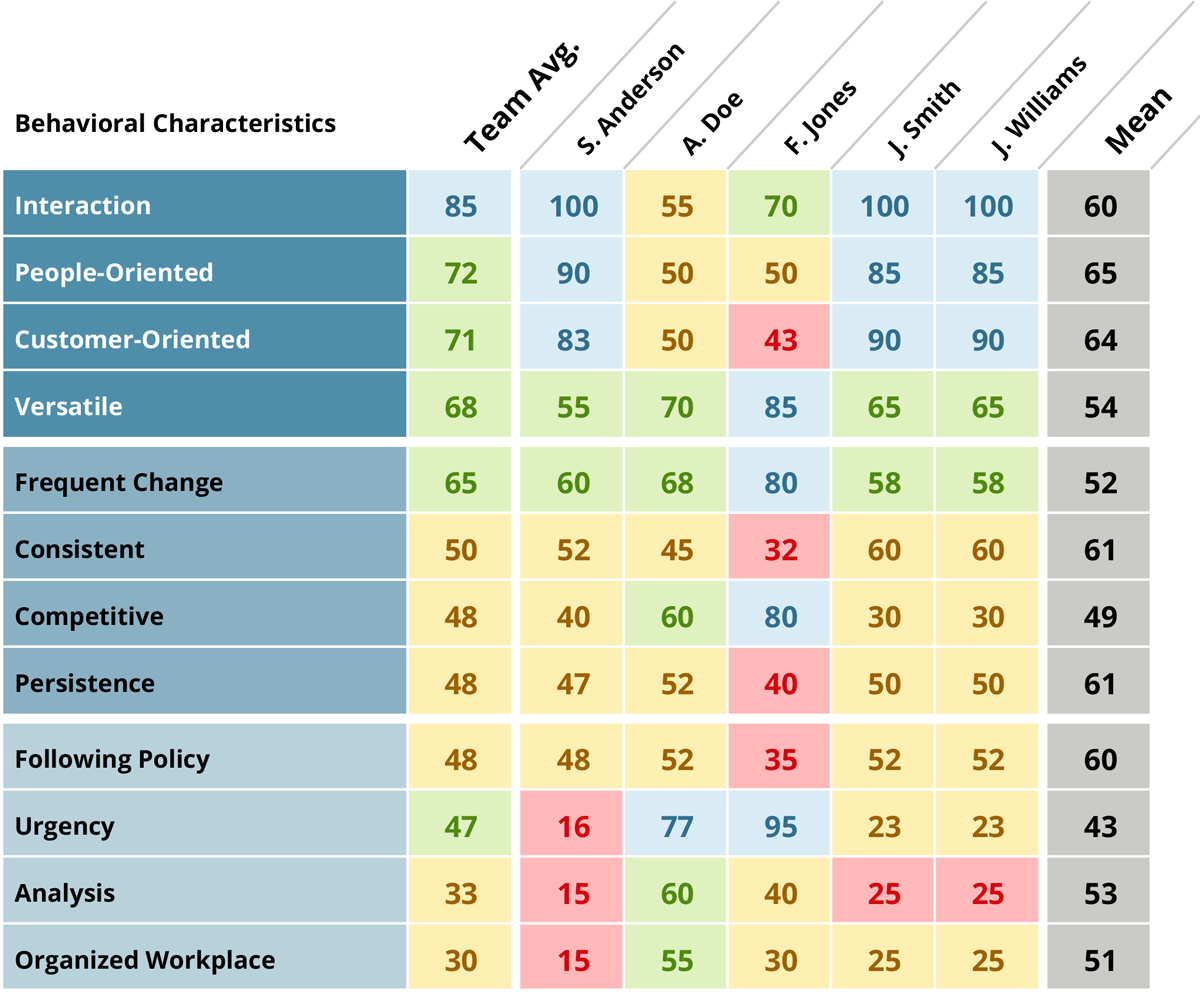
For 3 or More People: The Team Report
The Team Report is similar to the comparison report but includes three or more individuals in its findings. These reports are a great way for an entire team or department to learn more about each other and get a better sense of their strengths and weaknesses as a unit.
How Can a Team Report Help You?
- Compare your team.
- Find communication gaps.
- Gain higher productivity on projects.
- Smoother internal communication.
- Understand the behavioral style dynamics of the team.
- Become more effective together.
One of the best outcomes of a Team Report is a deeper insight into your team as individuals and as a whole. It helps leaders understand how to leverage their teams’ strengths and communicate more effectively overall.
For Entire Organizations
How can an entire company harness the power of DISC for multiple teams? While you can use DISC individually and then find the average score of your entire organization, it’s most effective with smaller teams. Use Team Reports in every department to discover what team needs more development or resources and to see how different personalities work together in different areas.
By using DISC to help improve individual engagement and productivity, you will improve your organization overall.
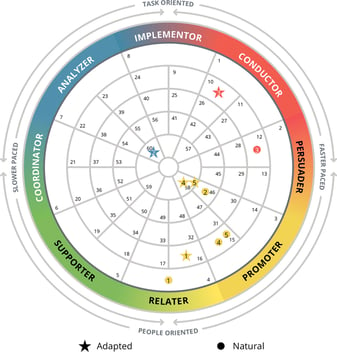
How Can You Use DISC Right Now?
DISC is a foundational assessment for all TTI products — it’s an excellent starting point and introduction to the science of self. It’s also an easy concept for people to absorb and apply right away. If you’re looking for quick results, DISC is the assessment for you.
Use DISC to Support...
- Coaching.
- Team building.
- Training.
- Leadership development.
What’s Your Next Step With DISC?
If you’re ready to start using DISC today, TTI can help!
Do you want to take a DISC assessment or start using assessments for your team? Let us know here.
Are you interested in joining our network as a partner? Get the info you need here.
If you’re in the network but want to learn more about best practices for DISC, contact the Partner Services team.


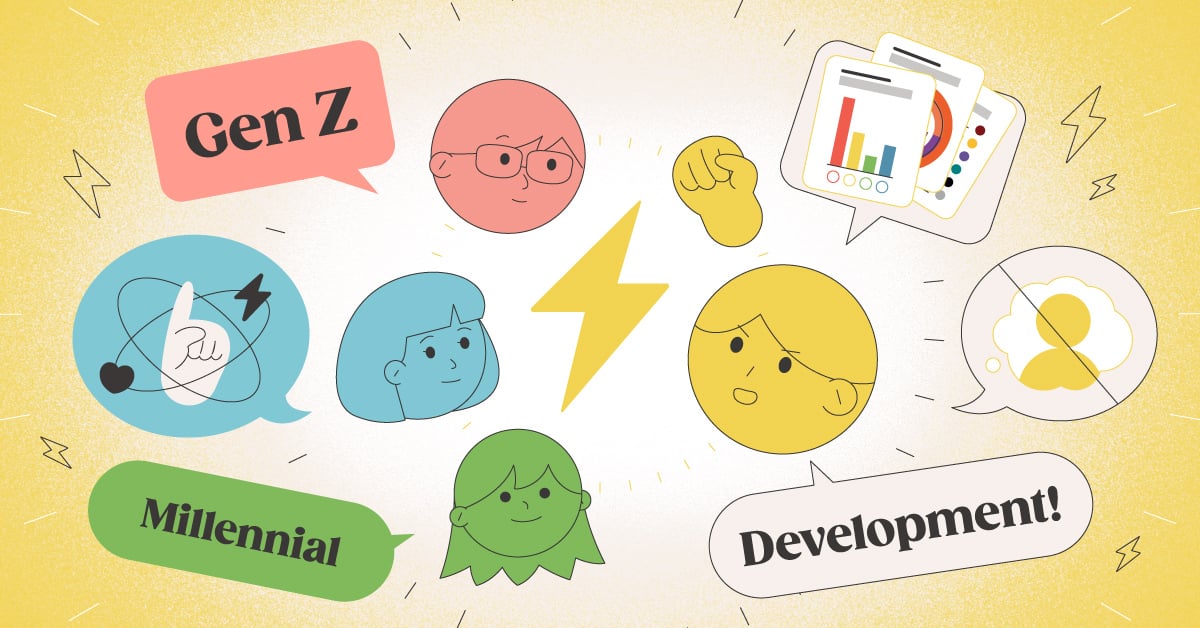
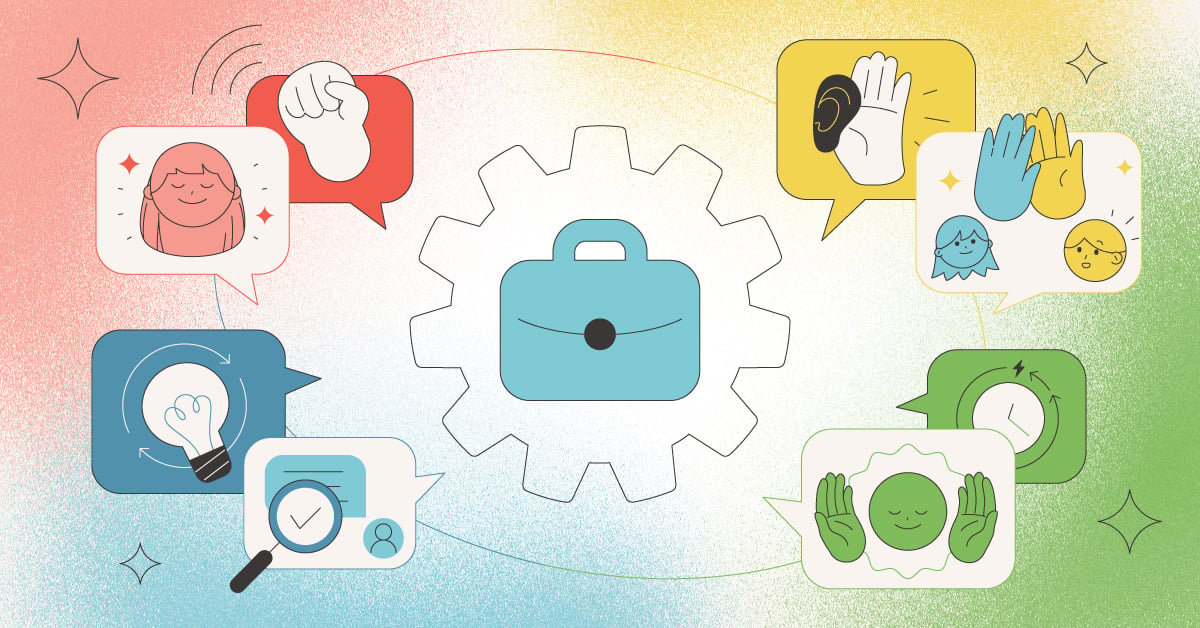
![Don’t Let Your Behavioral Style Haunt You [Infographic]](https://blog.ttisi.com/hubfs/Halloween-Infographic_DontLetYourBehavioralStyleHauntYou_Email_Header.png)